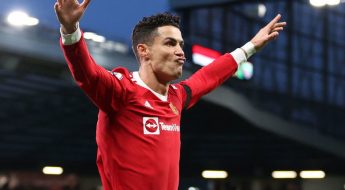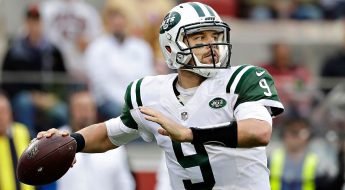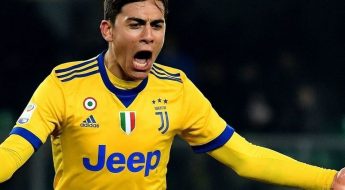NFL's Shadow MVPs: These elite players' absences were felt the most

The NFL Most Valuable Player Award is presented to the best of the best — the guy who makes the most singular contribution to his team’s success. According to ESPN’s final MVP Poll, that player was New England Patriots quarterback Tom Brady.
But what about the most valuable player who wasn’t on the field? The 2017 season was notable for its long list of injuries to elite players. What follows is an attempt to identify the top five players whose ailments most impacted their respective team’s fortunes. It’s based, in part, on statistical analysis of the teams’ performances with and without what we’ll call their “Shadow MVPs.”
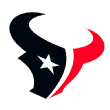
Injury: Torn right ACL | Games played: 7
Even as a rookie, Watson’s impact on the Texans was dramatic and clear. The team was 3-3 in games he started and 1-11 in the others. And don’t let that 3-3 record fool you. Even in those three losses, Watson still led the Texans’ offense to an average of 30.5 points per game. (Their defense gave up 36, 42 and 41 points, respectively, in those losses.) Watson also threw 19 of the Texans’ 28 total touchdown passes — in less than half of their games.
After he was injured in a Week 9 practice, the Texans’ offense averaged 12.89 points per game the rest of the way, the lowest in the NFL.
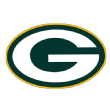
Injury: Broken right collarbone | Games played: 7
The Packers collapsed without Rodgers, much like they did when he broke his left collarbone in 2013. He led them to a 4-1 start in the 2017 campaign, but they went 3-8 after the injury. (He returned for one subpar game, a Week 15 loss to the Carolina Panthers, before going back on injured reserve.) In those first five games, the Packers’ offense ranked fourth in the NFL in scoring (26.2 points per game) and first in passing yards per game (245). Green Bay dropped to 27th in points (16) and 29th in passing yards per game (176.5) after Rodgers was lost to injury.
With Rodgers, the Packers were a Super Bowl contender. Without him, they couldn’t sniff the playoffs.
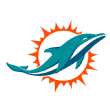
Injury: Torn left ACL | Games played: 0
Replacing Tannehill with Jay Cutler (14 starts) and Matt Moore (two) dropped the Dolphins from an average offense in 2016 to one of the worst in 2017. That’s the biggest reason why their record flipped from 10-6 to 6-10. Their 2017 offense ranked 28th in Football Outsiders’ DVOA metric, as compared to 14th in 2016. How much of that could be attributed to the quarterback drop-off? Cutler and Moore’s combined QBR (38.0) reflected a similar slide; it ranked 28th in the NFL, a year after Tannehill (54.2) ranked 16th. The Dolphins’ scoring fell 15 percent, and with Cutler and Moore at quarterback, they ranked 30th in turnovers (29). (They ranked 17th with Tannehill in 2016.)
No one would suggest that Tannehill is a top-end quarterback like Rodgers (or even Watson in his short stretch). Tannehill landed in Tier 3 of Mike Sando’s 2017 QB Tiers. But his injury, and the quality of his replacements, moved the Dolphins squarely out of the playoff mix.
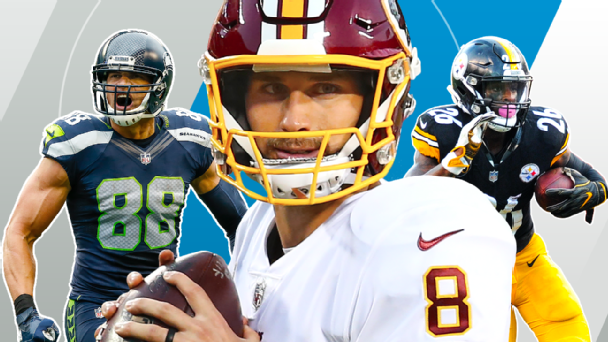
Kirk Cousins. Jimmy Garoppolo. Le’Veon Bell. This class could get wild. Here’s everything to know heading into free agency, which begins March 12.
• Ranking top 50 potential free agents »
• Looming FA decisions for all 32 teams »
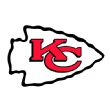
Injury: Ruptured left Achilles tendon | Games played: 1
The Chiefs’ defense dropped off notably in 2017, capped off by allowing 19 unanswered points in their wild-card loss to the Tennessee Titans. Kansas City finished the regular season ranked 30th in defensive DVOA, a 16-spot drop from 2016. Was it all due to Berry’s injury, which came in Week 1? It’s difficult to overestimate the loss of an All-Pro safety in today’s game. Without Berry’s ball hawking, the Chiefs created seven fewer turnovers in 2017, and their tackling efficiency fell on passing plays. They ranked 23rd in yards after first contact on receptions (1.6), down from 15th in 2016 (1.37).
Meanwhile, the impact of Berry’s run support could be traced through the slip in Kansas City’s rush defense. The Chiefs allowed an NFL-high 4.7 yards per carry, a year after ranking 17th (4.24).
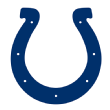
Injury: Posterior right labrum tear | Games played: 0
This analysis must take into account multiple seasons. Luck’s shoulder troubles began in Week 3 of the 2015 season. What follows is a broader way to document Luck’s value to the Colts, traced through their record and Luck’s performance. Relatively healthy during the 2012-14 seasons, Luck led the Colts to a 33-15 regular-season record and three consecutive playoff appearances. Over that three-year period, Luck had the NFL’s ninth-best QBR (63.9). In 2015-16, Luck mostly stayed on the field but was limited by the shoulder and other ailments. The Colts went 8-8 in both seasons, as Luck’s QBR dropped to 56.1 (16th in the NFL). And without him at all in 2017, Indianapolis crashed to 4-12 as its quarterbacks ranked 29th in the NFL (38.0).
The Colts’ management didn’t appreciate insinuations that the team’s success was largely the result of making the no-brainer decision to draft Luck in 2012, but it’s hard to argue with the numbers.




